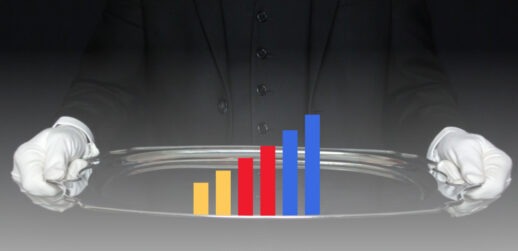AI is becoming the ultimate planning assistant
Whether planners are ready or not, artificial intelligence will significantly shape meetings and events. To stay ahead of the curve, planners need to understand how AI fits into their workflows and how to use it purposefully.
Smart Meetings spoke with Chantal Sturk-Nadeau, vice president of Spark and PCMA Insights; Tim Hines, keynote speaker, business coach and chief marketing officer of Marketing Starter Group; and Margaret Launzel-Pennes, chief visioneer at POP | X, to explore practical applications for AI and what to watch in the year ahead.
AI has become an essential tool for designing the most effective events possible. As Hines put it:
“I look at AI like a can of Red Bull. It gives your event wings.”
Here to Help, Not Take Your Job
One of the first concerns planners have about AI is whether it might replace them. The panelists emphasized that AI should be seen as a partner, not a competitor.
“People think it’s a threat to creativity. It’s not. It’s a catalyst,” said Launzel-Pennes.
Used intentionally, AI can streamline repetitive work and free planners to focus on strategic and human-centered elements of events.
Read More: Why AI Might Mean Salvation for the Meeting Industry
“It helps us focus more on the human side of events,” Hines said.
Tasks like post-event data analysis are a perfect match for AI, which can process results and surface insights quickly, giving planners more time to design meaningful experiences.
“Uploading your surveys and letting AI analyze them makes you more intelligent, not less,” said Sturk-Nadeau.
Safety and Privacy
While AI offers time-saving power, privacy and data safety remain top priorities. Planners should avoid inputting sensitive attendee or client data and always review AI-generated content before using it externally.
“Don’t treat it like a shortcut—challenge it, refine it and give it real direction,” said Launzel-Pennes.
Read More: PCMA Convening Leaders Put Balancing Safety and Comfort in the Spotlight
Panelists advised treating AI like a trusted team member—one that needs context, guidance and clarity to perform well. Strong prompting can significantly improve outcomes.
“Be specific, just like you would with a colleague. It’s not cheating—it’s being strategic,” said Sturk-Nadeau.
A Real-World Case Study
Launzel-Pennes shared a striking example of what full AI collaboration can look like. Her team developed an event from the ground up using AI to generate everything—from the name and logo to the speaker list, marketing assets and floor plan.
“We asked it to be our CEO, and we became the employees,” she said. “It was scary at first, but then it was freeing.”
“It was like planning with a brain that never gets tired.”
What’s Next
With the rapid pace of AI development, planners may soon move beyond prompting altogether. AI agents—autonomous digital assistants—are emerging as the next frontier.
“Agenting will eliminate prompting altogether. Your assistant will know your cadence and deliver what you need before you ask,” said Hines.
Spark is already beta testing its AI Agent Studio, which is being trained to anticipate planner workflows and provide proactive support.
“We’re training Spark to become a workflow consultant that works with you, not just for you,” said Sturk-Nadeau.




